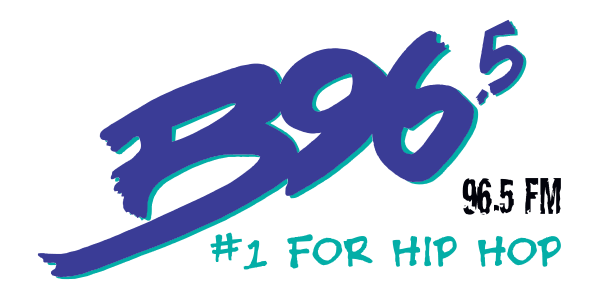Get Healthy 502 Diabetes

B96.5 and Norton Healthcare are dedicated to supporting and educating our community on the importance of being proactive about their health!
Whether you need to get screened for diabetes or would like support managing diabetes, visit NortonHealthcare.com/ Primary Care to find a provider near you and schedule an appointment online.
When you have diabetes, there is too much glucose (sugar) in your blood. Over time, if it is not controlled, diabetes can cause serious health problems, such as heart disease, stroke, kidney disease and blindness. There is no cure for diabetes, but working with your health care provider, you can control it.
More than 11% of the U.S. population has diabetes. In Kentucky, over 13% of adults has diagnosed diabetes, and over 34% has diagnosed or undiagnosed prediabetes. Prediabetes means the amount of glucose (sugar) in your blood is higher than normal. If you have prediabetes, you are at risk for serious health problems, such as Type 2 diabetes, heart disease and stroke.
Unfortunately, diabetes rates are higher in minority, low-income and historically underserved communities. The rates of diagnosed diabetes in adults by race/ethnic background are:
- 7.5% of non-Hispanic whites
- 9.2% of Asian Americans
- 12.5% of Hispanics
- 11.7% of non-Hispanic Blacks
- 14.7% of American Indians/Alaskan natives
Diabetes care should not start at a diagnosis. Everyone should have access to diabetes testing, care counseling and resources to prevent diabetes.
What if you don’t know if you have diabetes or prediabetes?
The best place to start is to know if you are at risk for diabetes or prediabetes. Your chance of developing diabetes goes up if you:
- Are age 45 or older
- Are overweight
- Have a parent, brother or sister with diabetes
- Are African American, Hispanic or Latino American, American Indian, Asian American or Pacific Islander
- Have had diabetes during pregnancy (gestational diabetes)
- Have had a baby with a birth weight over 9 pounds
- Have high blood pressure or cholesterol
- Exercise less than three times a week
- Have a waist circumference greater than 30 inches
Many people with diabetes do not know they have it. Some signs of diabetes include:
- Being very thirsty or very hungry
- Feeling tired for no reason
- Urinating (going to the bathroom) more than usual
- Losing weight for no reason
- Having cuts or bruises that are slow to heal
- Having trouble seeing (blurry vision)
- Losing feeling or having tingling in your hands or feet
Not everyone who has diabetes has these signs. If you are at risk or feel like you may have diabetes, the first step is to get your blood tested by your health care provider’s office. Millions of people have prediabetes but usually don’t even know it because they haven’t had a health screening. The key to preventing diabetes is a 60-second blood test, then your provider can help give you the tools you need to manage your risk.
For those with diabetes
If you’ve been diagnosed with diabetes, it can be overwhelming and you may not know where to start, but you can rely on your team of health professionals for support.
With Type 2 diabetes, your body doesn’t make enough insulin or doesn’t use it well. Insulin helps break down the glucose in the blood, turning it into energy to fuel the body. When you don’t have enough insulin, the glucose can’t be transformed into energy. While there is no cure for Type 2 diabetes, lifestyle changes and possibly medicine can help manage it.
With Type 1 diabetes, the pancreas does not produce insulin at all. Typically, people with Type 1 need to give themselves an insulin injection every day. Your diabetes care team will help you learn how to manage blood sugar levels if you have Type 1.
Even if your diabetes is well-controlled, it’s important to see your health care provider at least twice a year so that you can get an A1C test. Your A1C is a three-month average of your blood sugar numbers, and it is common for it to change over the year. To prepare for this test, you don’t need to fast. The test is a simple finger stick that can be taken while you are waiting to see your provider. Your provider may want you to follow up more frequently until your A1C is at your goal number.
Visits with your provider often can be done through telehealth (online) if you need the convenience or do not feel safe coming into the office right now.
- If labs are required, you may be able to come to the office just for labs or go to Norton Healthcare Express Services drive-thru lab.
- Even if you have been to a health care provider because you were sick, they still need to see you at least twice a year for diabetes, especially if you have other chronic health conditions.
Ask your provider for an appointment with a diabetes educator to help manage your diabetes. These visits can be completed through telehealth from the convenience of your own home. The diabetes educator can help you understand diet changes to help manage blood sugar, understand your blood sugar levels, and make recommendations for your care.
Whether you need to get screened for diabetes or would like help managing diabetes, visit NortonHealthcare.com/PrimaryCare to find a provider near you and schedule an appointment online, or call (502) 629-1234.




